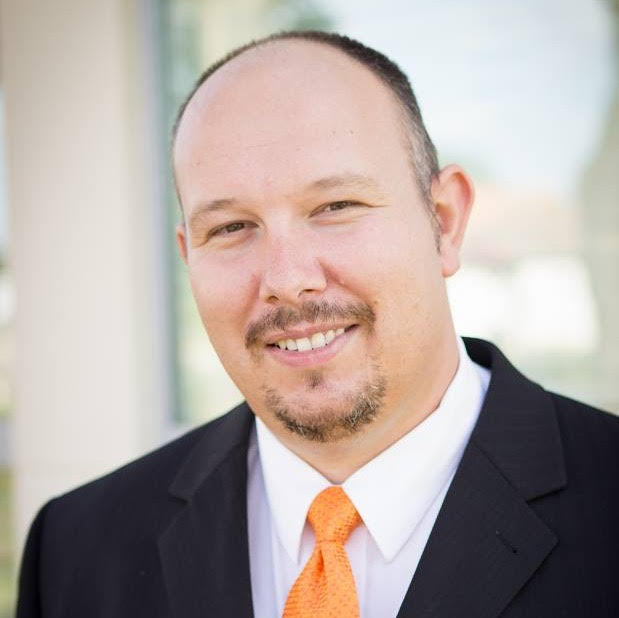How Deep Learning Helped an IT Manager Find New Career Satisfaction After Age 40
Name: Olivier Moulin
Title: Senior Enterprise Architect and part-time PhD Candidate in Reinforcement Learning @ VU Amsterdam
Location: Amsterdam, the Netherlands
Education: Master’s in Science, Information Technology from Universite de Technologie de Compiegne
Favorite ML area: Reinforcement Learning, with a focus on how to improve the generalization capability of trained agents to new environments.
Olivier Moulin is an IT manager for a large, multi-national medical technology company who has been working in technology for over 20 years. Early in his career, he made a tough decision to take a high paying job instead of pursuing a Ph.D. He spoke with us about how the Deep Learning Specialization helped him build the confidence to go back to school and why some aspects of learning are actually easier as you get older.

You had a pretty long career in IT before taking the Deep Learning Specialization and getting into AI. Why did you decide now was the time to go back to school?
OM: I have been passionate about computer science my whole life. I learned to code when I was six, probably before I could even write properly. I studied computer science and received a master’s degree from one of the best universities in France. After that, I wanted to pursue a Ph.D., but it was the year 2000, and IT professionals were being offered a lot of cash. So you have to understand, my passion is technology. But early in my career I did what everybody does. I made moves that got me a better salary. I went into management, but I was never a manager at heart.
How did you get interested in AI?
OM: I was always interested in emerging technologies. A few years ago, my manager recommended I look into courses on Coursera. I started out with some others on machine learning, which were exciting and well-explained. But, they didn’t go into deep neural networks. It made me think, hey, something is missing here. Then I took the Deep Learning Specialization and found that it went very far into the things I wanted to learn.
How did you go from the Specialization to a Ph.D in reinforcement learning?
OM: I enjoyed the course a lot, and it made me think that I wanted to learn more. I kept accumulating more courses on Coursera, until I thought to myself, “Well, you’re 45 now, and you have a long career behind you, but you’re never too old to learn, right?” I applied to a Ph.D at Vrije University here in Amsterdam, and my work is paying for it through our tuition program. Reinforcement learning was not my first choice, it was something my Ph.D advisor directed me towards. The more I learn about it, the more passionate I become. Reinforcement learning is a hot topic with an interesting mix of techniques. Most of the big papers have come out in the last three years.
Do you have any advice you can pass along to other people who are established in their careers but are curious about taking a step into deep learning?
OM: Each time you complete a course, it gives you a bit of confidence. You learn a few new capabilities, and you say, why not more? Maybe pushing for a Ph.D. isn’t for everybody, especially when you are already working. But when you are older, it’s easier to spend your free time doing something productive. I will also say that I am a lot better at math at 45 years old than I was at 20 [laughs].
Ready to #BeADeepLearner like Oliver? Enroll in the Deep Learning Specialization
You can find Oliver Moulin on LinkedIn.